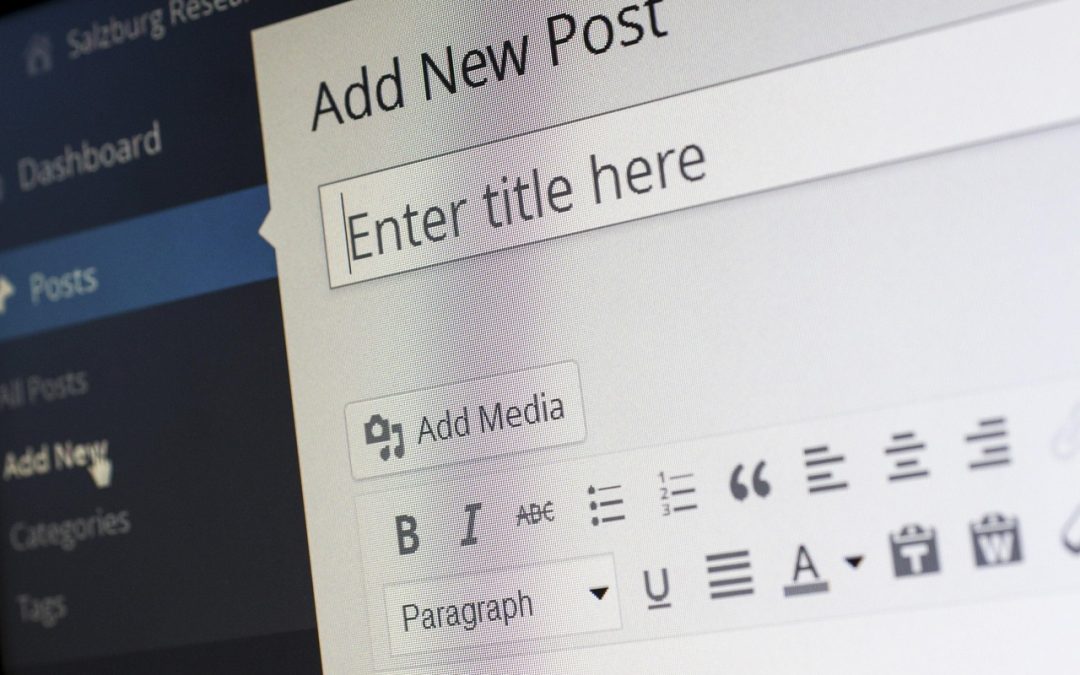As writers, we pour our hearts and souls into our work, carefully crafting each sentence, each phrase, and each word. But even the most meticulous among us can miss errors, inconsistencies, and areas for improvement. That’s where an editor comes in – a fresh set of eyes to help refine your writing, catch mistakes, and elevate your work to its full potential. If you’re hesitant to bring an editor on board, thinking you can do it all yourself, think again. In this post, we’ll explore the benefits of working with an editor and why it’s an investment worth making.
The Objectivity Factor
As writers, we’re often too close to our work. We know what we meant to say, but that doesn’t mean it’s what we actually wrote. An editor brings objectivity to the table, untainted by our own biases and assumptions. They can spot unclear sentences, confusing plot points, and character inconsistencies that might have slipped past us. This outside perspective is invaluable in ensuring your writing communicates effectively with your target audience.
Think of an editor like a master builder. You’ve constructed a beautiful edifice, but an editor helps you identify the structural weaknesses, the areas where the foundation needs shoring up. They won’t demolish your work, but rather help you renovate it into a sturdy, cohesive whole.
The Devil’s in the Details
Grammar, punctuation, and syntax might seem like minor details, but they can make or break the reader’s experience. A single misplaced comma or typo can jar the reader out of the story, destroying the immersive experience you’ve worked so hard to create. An editor is meticulous, combing through your manuscript to catch those pesky errors and inconsistencies.
But it’s not just about the mechanics. An editor will also help you refine your writing style, suggesting alternatives to overused words, phrases, and sentence structures. They’ll encourage you to show, not tell, and to vary your pacing to keep the reader engaged. These subtle tweaks can transform your writing, making it more polished, more professional, and more engaging.
From Manuscript to Masterpiece
Working with an editor is a collaborative process. They’re not there to rewrite your work or impose their own vision, but to help you realize your artistic intent. Together, you’ll refine your manuscript, ensuring it’s the best version of itself. This partnership can be transformative, helping you grow as a writer and producing a work that truly resonates with your audience.
Take, for example, the art of chapbook creation. A well-crafted chapbook is a beautiful, condensed work of art, requiring precision and attention to detail. From Manuscript to Masterpiece: Chapbook Tips offers valuable insights into this process, including the importance of editing in achieving a cohesive, impactful chapbook.
[blockquote] “The road to hell is paved with adverbs.” – Stephen King
This quote highlights the importance of careful editing in avoiding common pitfalls. A good editor will help you identify and eliminate unnecessary words, streamlining your writing for maximum impact.
Tools of the Trade
When it comes to editing, having the right tools can make all the difference. From software like Vellum and Canva to paper types and binding methods, the choices you make can affect the final product. A seasoned editor will be familiar with these tools, using them to enhance your work and provide guidance on the best options for your project.
For indie authors, in particular, understanding the art of editing is crucial. The Art of Editing: Top Tips for Indie Authors offers practical advice on navigating the editing process, from finding the right editor to working collaboratively to produce a polished, professional manuscript.
Remember, editing is not a one-size-fits-all solution. Be open to feedback, and be willing to make changes to elevate your work. With the right editor by your side, you’ll be amazed at the transformation that can occur.
Here are some final tips to keep in mind when working with an editor:
- Be open to feedback and suggestions – it’s a collaborative process!
- Set clear goals and expectations for the editing process
- Choose an editor who understands your genre and tone
- Don’t be afraid to ask questions or seek clarification
- Remember, editing is an investment in your writing – it’s worth the time and effort
By embracing the editorial process, you’ll be giving your writing the best possible chance to succeed. Don’t be afraid to let an editor help you shape your work into something truly remarkable.

